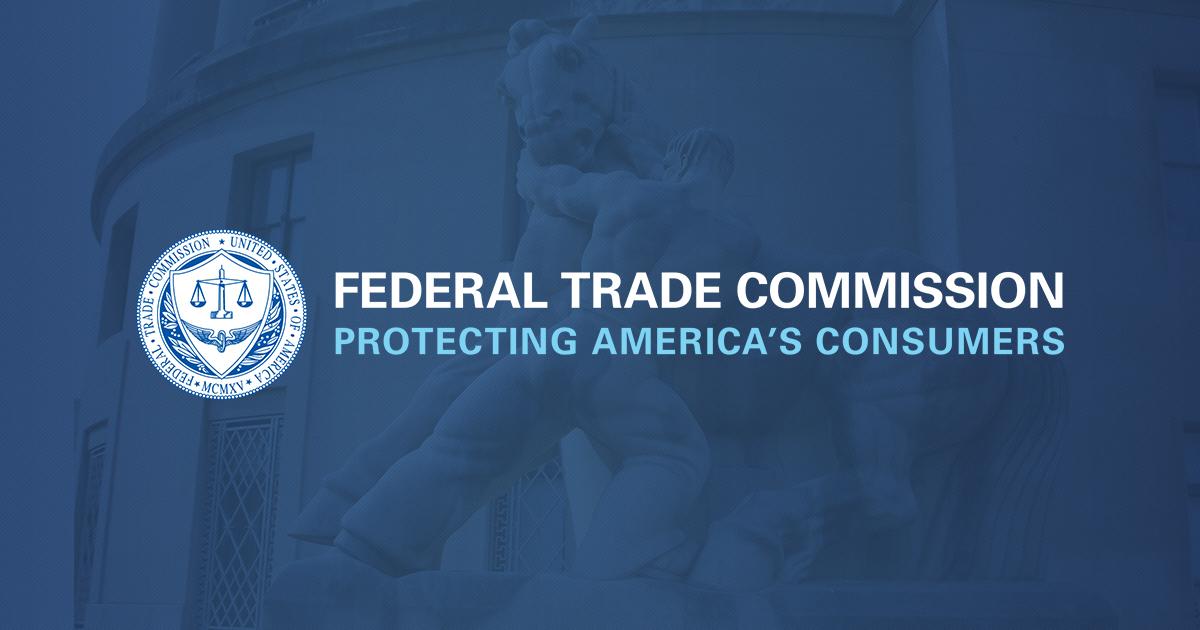An X-rated Web operation that paid affiliates who used illegal e-mail to drive customers to its Web sites will pay a $413,000 civil penalty under a settlement reached with the FTC and the Department of Justice. The settlement also bars the illegal marketing practices in the future and requires the operator to monitor its affiliates to ensure that they are complying with the law.
In 2005, the FTC cracked down on seven companies that illegally exposed unwitting consumers, including children, to graphic sexual content, in violation of federal laws. Five of those cases were previously settled. The settlement announced today with Cyberheat, Inc., ends the litigation in that case, and brings the total combined civil penalty amount in these cases to over $1.6 million.
The FTC’s Adult Labeling Rule and the CAN-SPAM Act require commercial e-mailers of sexually-explicit material to use the phrase “SEXUALLY EXPLICIT: ” in the subject line of the e-mail message and to ensure that the initially viewable area of the message does not contain graphic sexual images. The Rule and the Act also require that unsolicited commercial e-mail contain an opportunity for consumers to opt out of receiving future e-mail and provide a postal address, among other things. The FTC charged that the affiliate marketers sent sexually-explicit e-mail messages that:
- Violated the Adult Labeling Rule requirements;
- Violated the requirement to provide a clear and conspicuous opt-out mechanism; and
- Violated the requirement to provide a postal address.
While Cyberheat did not send e-mail directly to consumers, they operated an “affiliate marketing” program in which they paid others who used spam to drive traffic to Cyberheat’s Web sites. The government’s complaint alleged that under the CAN-SPAM Act, the defendant is liable for the illegal spam sent by its affiliates because the defendant induced them to send it by offering to pay those who successfully attracted subscriber to its Web sites.
The settlement bars future violations of the CAN-SPAM Act and the Adult Labeling Rule and requires the defendant to closely monitor its affiliates to ensure that they are complying
with the law. In addition the defendant will pay $413,000 in civil penalties. The settlement contains standard bookkeeping and record keeping provisions to allow the FTC to monitor the company for compliance.
The Commission vote to accept the settlement was 5-0.
The proposed consent judgment was filed in United States District Court for the District of Arizona on March 4 by the Department of Justice which conducted the litigation at the request of the FTC. It is subject to court approval.
NOTE: This consent judgment is for settlement purposes only and does not constitute an admission by the defendant of a law violation. Consent judgments have the force of law when signed by the judge.
The FTC works for the consumer to prevent fraudulent, deceptive, and unfair business practices and to provide information to help spot, stop, and avoid them. To file a complaint in English or Spanish, click http://www.ftc.gov/ftc/complaint.shtm or call 1-877-382-4357. The FTC enters Internet, telemarketing, identity theft, and other fraud-related complaints into Consumer Sentinel, a secure, online database available to more than 1,600 civil and criminal law enforcement agencies in the U.S. and abroad. For free information on a variety of consumer topics, click http://ftc.gov/bcp/consumer.shtm.

